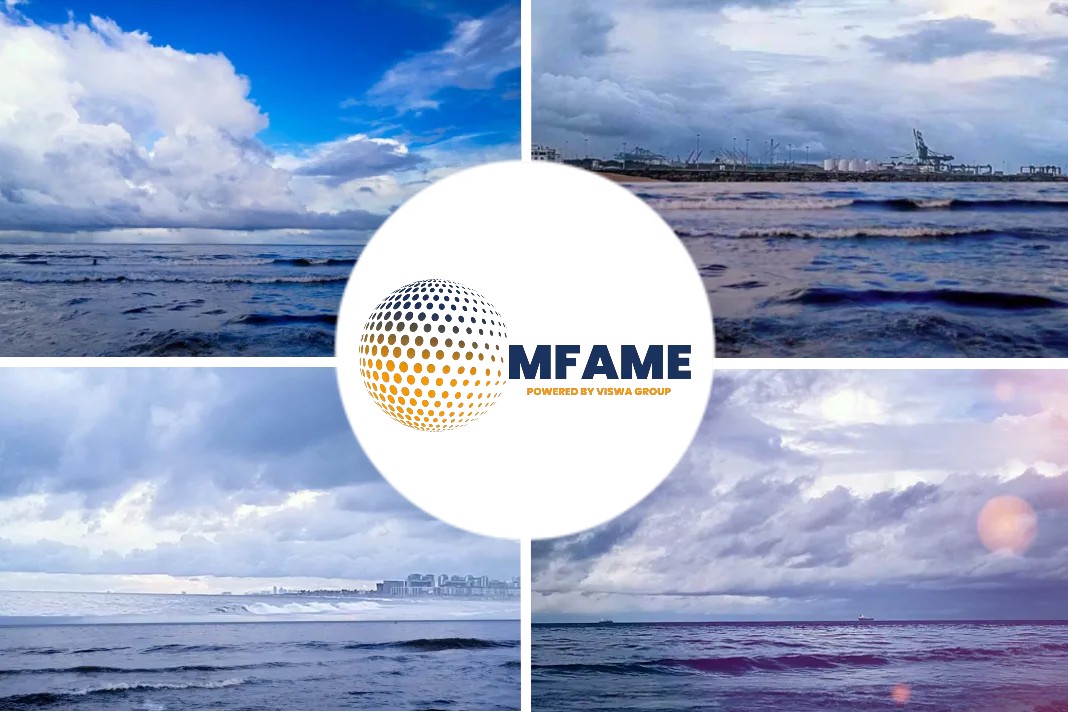
State-run Korea Development Bank started a process to privatize HMM Co. as a global economic downturn provides an opportunity for fair valuation of the country’s biggest shipping company after an overheated rally fueled by high freight rates and an ensuing buying frenzy, reports Pulse.
Sale of HMM
On Thursday, Korea Development Bank and Korea Ocean Business Corp. said they started the process of selecting a consulting group for the sale of HMM. The two companies own 20.69 percent and 19.96 percent of HMM, respectively.
The selling party plans to select consulting firms that will provide comprehensive advice on the entire sales process, including sale strategy development, accounting and legal matters.
POSCO Group, which was once mentioned as a potential bidder, officially denied that it would join the bid, citing a mismatch with its long-term business direction. Other potential bidders include Hyundai Motor Group, CJ Group, LX Group, Samsung SDS Co. and SM Line Corp.
HMM, formerly known as Hyundai Merchant Marine, began to undergo debt-rescheduling programs following a liquidity crunch at its then parent Hyundai Group in 2013 and KDB became the largest shareholder of HMM in July 2016 after a debt-to-equity swap deal. It also became the only national flag carrier after the collapse of its bigger competitor Hanjin Shipping Co.
After painful restructuring, HMM recorded an operating profit of 980.8 billion won ($752 million) in 2020, the first profit for the first time in 10 years, and in 2021 that figure surged to 7.38 trillion won.
However, there had been no progress to sell HMM due to booming shipping industry. The company’s market capitalization rose sharply, exceeding 20 trillion won at one point. It currently stands at 10.98 trillion won.
Given its symbolic status as a national shipping company, it is difficult to find an owner. However, continuous declines in global shipping rates provide an opportunity of new market valuation that may attract a few bidders.
Another obstacle is HMM’s perpetual convertible bonds issued under a funding project in the past. At the end of last year, such perpetual convertible bonds are equivalent to 536 million shares of HMM, exceeding the company’s total outstanding shares of 489.04 million shares. This could affect its stock price negatively. Because of these obstacles, the privatization is considered a challenging task.
Did you subscribe to our daily Newsletter?
It’s Free! Click here to Subscribe
Source: Pulse























